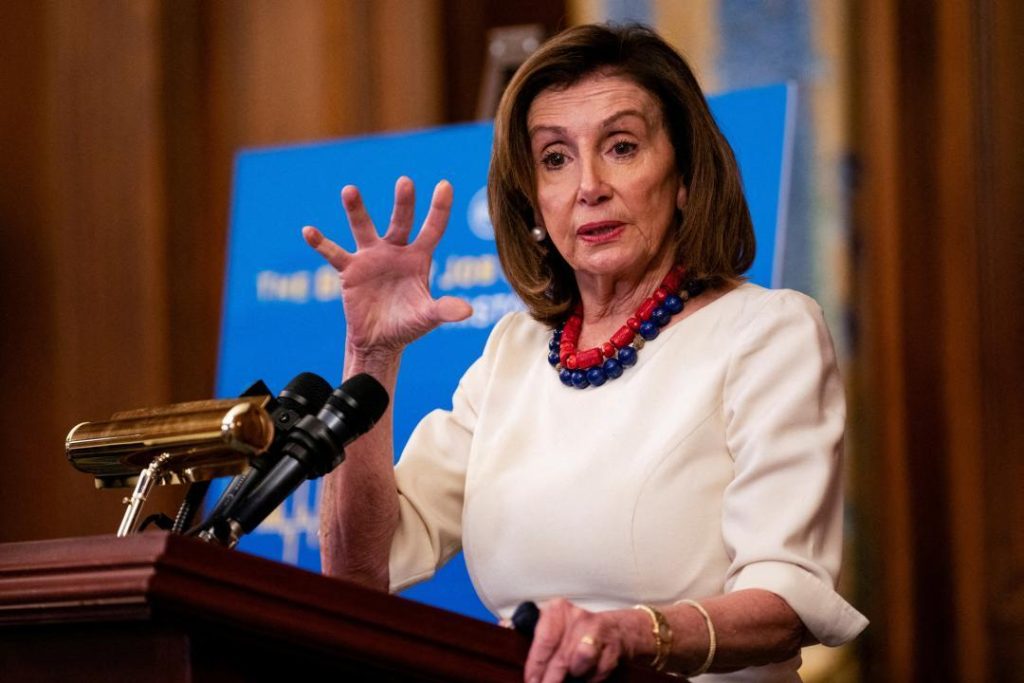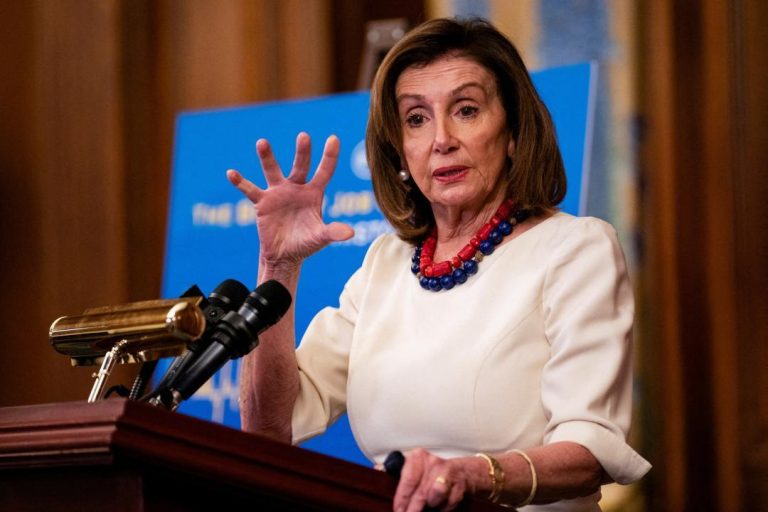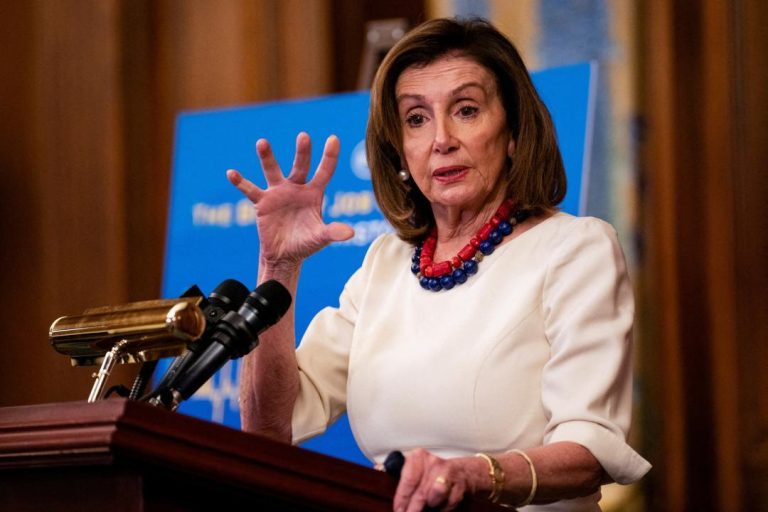
What is PELOSI Act & why is it named after former US Speaker Nancy Pelosi?
The United States Congress has long been plagued by accusations of corruption and conflicts of interest. In recent years, lawmakers have faced scrutiny for using their positions to influence policy decisions that benefit their own personal financial interests. In an effort to address this issue, US Senator Josh Hawley has reintroduced the Preventing Elected Leaders from Owning Securities and Investments (PELOSI) Act.
The PELOSI Act, named after former US Speaker Nancy Pelosi, aims to prohibit lawmakers and their spouses from holding or dealing in individual stocks while holding office. The bill would allow lawmakers to invest in mutual funds (MFs), exchange-traded funds (ETFs), and Treasury bonds, thereby reducing the potential for conflicts of interest and ensuring that elected officials prioritize the public interest over their personal financial gains.
The idea behind the PELOSI Act is to prevent lawmakers from using their positions to manipulate the stock market to their advantage. For example, a lawmaker who owns shares in a company that is set to benefit from a policy decision could use their influence to push for that policy, even if it is not in the best interest of the public. By prohibiting individual stock ownership, the PELOSI Act aims to level the playing field and ensure that lawmakers are not beholden to their own financial interests.
The PELOSI Act is named after Nancy Pelosi, the former Speaker of the US House of Representatives, who has been criticized for her significant stock market gains during her time in office. Pelosi’s husband, Paul Pelosi, has been accused of using his wealth and influence to manipulate the stock market to their advantage. According to reports, Paul Pelosi made significant profits from trades in companies that were affected by policy decisions made by his wife and other lawmakers.
The PELOSI Act is not the first attempt to address the issue of lawmakers’ financial conflicts of interest. In 2012, the Stop Trading on Congressional Knowledge (STOCK) Act was passed, which prohibited lawmakers and their staff from using non-public information for personal financial gain. However, the STOCK Act did not address the issue of individual stock ownership, and many lawmakers continued to hold significant amounts of stock.
The reintroduction of the PELOSI Act comes at a time when concerns about corruption and conflicts of interest in the US political system are at an all-time high. According to a recent survey, 75% of Americans believe that corruption is a major problem in the US government, and 64% believe that elected officials are more interested in serving their own interests than the public’s.
The PELOSI Act has been praised by good government groups and transparency advocates, who see it as a crucial step towards addressing the issue of lawmakers’ financial conflicts of interest. “The PELOSI Act is a common-sense solution to a long-standing problem,” said one advocacy group. “It’s time for lawmakers to put the interests of the public ahead of their own financial interests.”
However, the PELOSI Act has also faced opposition from some lawmakers and special interest groups. Some have argued that the bill is an overreach of government authority and that it would unfairly restrict lawmakers’ ability to invest in the stock market. Others have argued that the bill would not be effective in preventing conflicts of interest, as lawmakers could still influence policy decisions through other means, such as through their staff or through donations to political campaigns.
Despite the opposition, the PELOSI Act is an important step towards addressing the issue of lawmakers’ financial conflicts of interest. By prohibiting individual stock ownership and allowing lawmakers to invest in mutual funds, ETFs, and Treasury bonds, the bill would reduce the potential for conflicts of interest and ensure that elected officials prioritize the public interest over their personal financial gains.
In conclusion, the PELOSI Act is a crucial step towards addressing the issue of lawmakers’ financial conflicts of interest. By prohibiting individual stock ownership and allowing lawmakers to invest in mutual funds, ETFs, and Treasury bonds, the bill would reduce the potential for conflicts of interest and ensure that elected officials prioritize the public interest over their personal financial gains. The act is named after former Speaker Nancy Pelosi, who has been criticized for her significant stock market gains during her time in office. The reintroduction of the PELOSI Act is an important step towards restoring trust in the US political system and ensuring that elected officials are held accountable for their actions.






